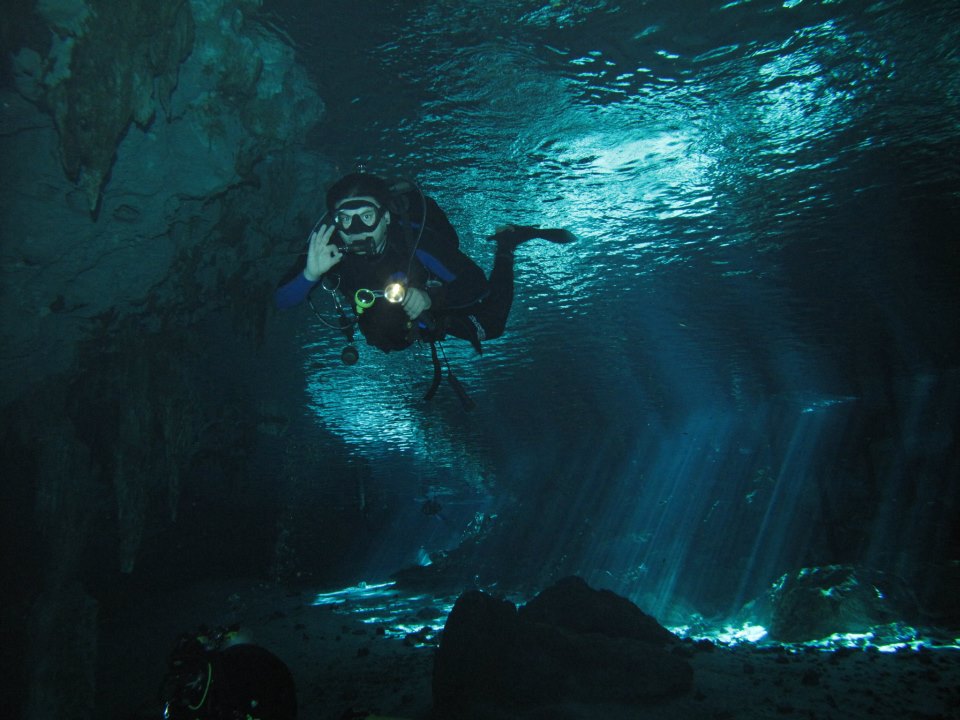Miguel Reyes, Ph.D.

Education
B.A. Ecology and Evolutionary Biology. University of Connecticut. 2003
M.S. Biology. Southern Connecticut State University. 2009
Ph.D. Candidate, Clark University. Graduation Projected in May of 2016.
Research Interests
For the last 5 five years, I have been working under the tutelage of my mentor and good friend Dr. John Baker. My main academic interest is to understand the physiological effect of nutrient deprivation and subsequent abnormal growth responses. Many organisms in the animal kingdom go through periods of low nutrients, and there are many interesting adaptations to such events. Fish, are indeterminate growers, basically meaning that they do not stop growing until the time of death. This incredible biological characteristic makes them a prime model for experiments based on nutrient and growth strategies.
The threespine stickleback (Gasterosteus aculeatus) is an incredibly interesting model system that allows us to ask all kinds of biological questions. After the last glaciers retreated approximately 20,000 years ago, the threespine stickleback has radiated from the ocean throughout thousands of lakes and streams across the northern hemisphere. Many of these stickleback populations are now found in ponds and lakes and are completely isolated from each other, therefore we have an extensive diversity of habitats. Unfortunately, many of these beautiful habitats are being heavily impacted by humans, with drastic consequences for the native flora and fauna. Anthropogenic influences coupled with a unique life cycle, in which the fish spend half the year under the ice with low nutrient levels, result in interesting growth adaptations, and I strive to better understand how the stickleback are adapting to ever changing conditions.
My interests in research are to understand how animals cope with ever-changing habitats and stressors (Adaptation). My focus is on how trophically transmitted parasites influence and manipulate the morphology of their hosts, and how hosts phenotypically respond to infestations. I am also interested in the interaction between anthropogenic impacts, such as eutrophication and parasitism in freshwater habitats. Global climate shifts are having a profound effect on our planet’s ecosystems causing massive species extinctions and rapid habitat loss. Within small freshwater habitats, this likely means among other things, a decrease in the ability of host species to fight off emerging parasitism.
Outside the Lab
Besides doing my research at Clark University, I also enjoy spending time outdoors. I am a SCUBA diving instructor, and I love diving in beautiful tropical spots in Mexico and Central America. The two most memorable dives up to date are the Mayan Caves in Tulum, Mexico and diving with bull sharks in Costa Rica. I also enjoy traveling with my wife, seeing new places and cultures and I’m always looking for the newest adventure. All in all, I just enjoy being happy and living life to the fullest.
Publications
Reyes, M., Baker, J. (In Preparation). Long-term effects of early life nutrient deprivation on female life-history traits within the threespine stickleback radiation system. Biological Journal of the Linnean Society.
Reyes, M., Baker, J. (In Review). Prolonged swimming performance within the threespine stickleback (Gasterosteus aculeatus) adaptive radiation: Subadult ecotypic-level swimming performance variation.Evolutionary Ecology Research.
Reyes, M., Baker, J. (2016). The consequences of diet limitation in juvenile threespine stickleback; growth, lipid storage and the phenomenon of compensatory growth. Ecology of Freshwater Fish.
Baker, J., Wund, M., Heins, D., King, R., Reyes, M., Foster, S. (2015) Life-history plasticity in female threespine stickleback. Heredity.
Reyes, M. (2009) Mark-recapture study to examine male to female ratio, and population estimates of horseshoe crabs (Limulus polyphemus) on the shores of Clinton, Connecticut. ProQuest/UMI Dissertation Publishing.
Research Presentations
- Reyes, M. Diet deficits and compensatory growth in the threespine stickleback. Bumpus Graduate Student Symposium. Clark University, Worcester, MA. Oral Presentation. September 12th, 2012.
- Reyes, M., Baker, J., Compensatory growth and lipid generation in “Threespine Stickleback” (Gasterosteus aculeatus). Society for Integrative & Comparative Biology Annual Meeting. Austin, TX. Oral Presentation. January 5th, 2014
- Reyes, M., Baker, J., The consequences of diet limitation in juvenile threespine stickleback: growth trajectories, lipid storage, and the phenomenon of compensatory growth. Northeast Fish & Wildlife Annual Conference. Portland, ME. Oral Presentation. April 12th, 2014.
- Reyes, M., Baker, J., Foster, S. Early life compensatory growth and swimming stamina in threespine stickleback (Gasterosteus aculeatus). Society for Integrative & Comparative Biology Annual Meeting. West Palm, Fl. Oral Presentation. January 6th
- Reyes, M., Baker, J., Foster, S. Early life compensatory growth and aerobic performance within the threespine stickleback radiation system. Northeast Fish & Wildlife Annual Conference. Newport, RI. Oral Presentation. April 21st, 2015.
- Reyes, M., Baker, J., Variation in early-life compensatory growth and its impact on subsequent growth and aerobic capacity in threespine stickleback (Gasterosteus aculeatus). 8th International Stickleback Behavior and Evolution Conference. Stony Brook University, Stony Brook, NY. Oral Presentation. July 31st, 2015.
Reyes, M., Baker, J., Juvenile compensatory growth impacts adult size and life-history traits within the threespine stickleback (Gasterosteus aculeatus) model system. Society for Integrative & Comparative Biology Annual Meeting. Portland, OR. Oral Presentation. January 7th, 2016.
Grants
- Broadening Participation Committee Travel Award. Society for Integrative & Comparative Biology. $500.00
- Clark University Biology Graduate Student Travel Award. 2015. $500.00
- Clark University Biology Graduate Student Travel Award. 2014. $500.00
- Clark University Biology Graduate Student Travel Award. 2013. $500.00
Teaching Experience
Teaching Assistant, Clark University, Introduction to Biology 101 & 102